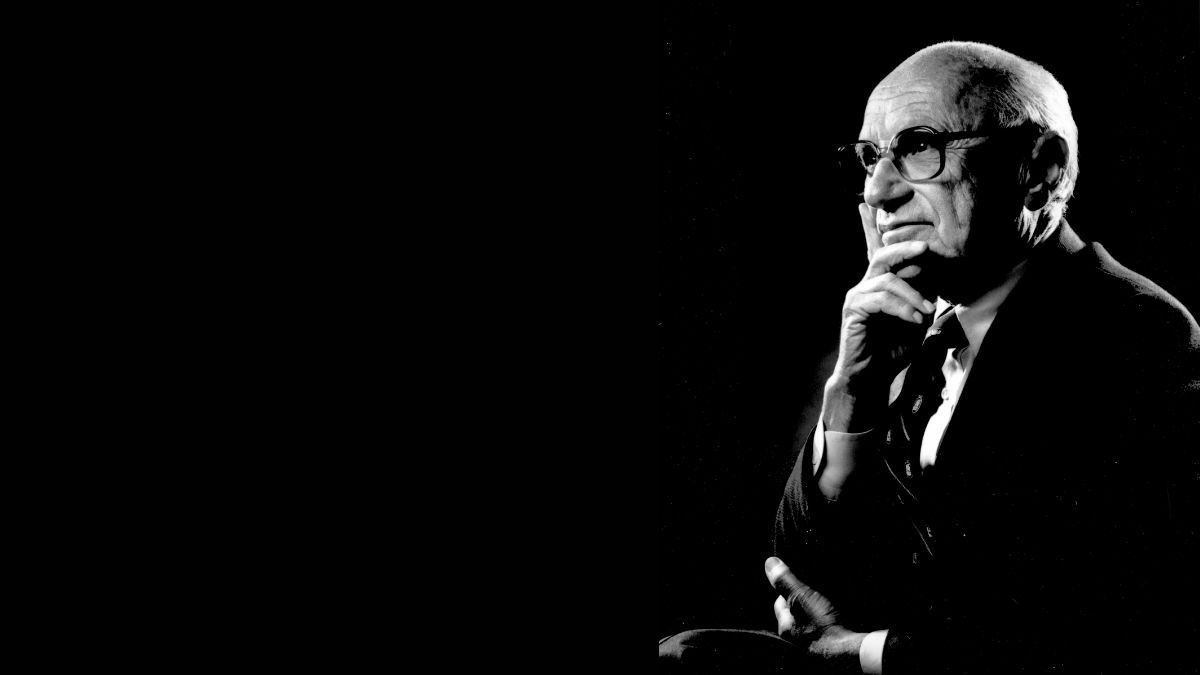August 31, 2020 was a disappointing day for shareholders of ExxonMobil. The once-mighty energy firm was dropped from the Dow Jones Industrial Average after a 92-year run on the index, due to its six-year stock price decline and financial mismanagement. During that period, shareholders had consistently asked the board and executives to increase capital discipline and innovate as they adapted to the realities of a changing energy market — to no avail.
Exxon’s management ignored shareholder resolutions brought by As You Sow and other shareholders as far back as 2010. We asked the board to consider the financial impact of actions like ignoring stranded oil and gas assets. By 2017, as Exxon’s declining stock crushed the value of American pensions and retirement savings, the New York State Common Pension Fund and the Church of England filed a climate-related resolution that earned support from a hefty 62% of shareholders. Exxon’s board once again failed to respond, choosing instead to ignore a super majority of the company’s beneficial owners. This vote was followed by three straight years of shareholders voting “no confidence” for the board, change was clearly needed.
In January 2021, activist hedge fund D.E. Shaw Group met with the Exxon board behind the scenes, advancing a new business plan. In response, the company added three new board members to “improve [Exxon’s] productivity and enhance its cash flow profile during this period of significant industry transition.” At the May 2021 annual meeting, the hedge fund Engine No. 1 ran four additional candidates; three were elected with the support of an overwhelming majority of shareholders. One of D.E. Shaw’s directors was not approved. The five new board members, many of whom had energy sector experience and understood the promise of renewable energy, set the company on a new trajectory.
‘Climate cartel’
It’s an indisputable fact: Exxon’s stock price has since more than doubled. Yet, despite the obvious success of these responsible shareholders, a different narrative has taken hold among fossil fuel interests and their allies, which turns the successful effort of shareholders to reinvigorate a weakened company into an insidious conspiracy theory.
The most recent chapter in this false narrative is a January 10, 2025 decision by U.S. District Court Judge Reed O’Connor, who ruled that American Airlines violated its fiduciary duty to retirement plan participants by failing to prevent the plan’s asset manager, BlackRock, from engaging in proxy voting aimed at long-term risk management and value-creation. Judge O’Connor asserts, without evidence, that the 2021 Exxon Board vote harmed plan participants and that the changes were made for non-financial reasons — even while acknowledging Exxon’s improved performance since the vote.
Judge O’Connor’s opinion builds on and nods to the “climate cartel” fantasy pushed by the U.S. House Judiciary Committee in a December 2024 report. The report is part of the Committee’s continued war on a “climate cartel” of its own invention, waged on behalf of fossil fuel interests to which too many of the Committee’s members are beholden. The report offers an alternative reality in which Exxon’s years of underperformance go unmentioned, as does the company’s subsequent turnaround.
I personally know the Committee’s report is a false narrative because, as the CEO of shareholder representative As You Sow, we began filing resolutions urging Exxon’s management to evolve with the changing energy market a decade before it was dropped from the Dow. Those proposals outlined growing risk and underscored that it wasn’t just Wall Street that would lose from Exxon’s failure to respond. It was also firefighters, teachers, police officers, and hardworking families whose life savings were being drained by Exxon’s lack of capital discipline and its reluctance to innovate.
As You Sow has vehemently pushed back against this false narrative and its implications. Judge O’Connor’s decision and the Judiciary Committee’s continued crusade are both anti-business and anti-capitalist. As a result of decades of work with corporate America to address long-term risks associated with climate change and for speaking out against their crusade, we too were targeted by the Committee. Their baseless investigation only fueled our determination to continue supporting the rights of shareholders and retirement savers to ask public companies — which we own — to reduce risk and increase long-term value.
Freedom to invest
The idea that a federal judge or a congressional committee could take away our freedom to invest according to our own research and priorities is outrageous and a direct attack on personal rights. Are we now living in a nanny-state where our financial decisions are made by a judge rather than the person who earns the money?
Shareholder rights were first enshrined in the Securities Exchange Act of 1934 to avoid another Great Depression. Shareholders elect Boards of Directors — they report to us. By attacking our rights, the Judiciary Committee and Judge O’Connor are removing critical guardrails that keep short-sighted corporate executives from running roughshod over civil society and the environment. Make no mistake, a world where corporations have no accountability, not even to shareholders, is headed for the next Great Depression.
In the Committee’s report or the judge’s decision, you won’t hear about how Exxon was at the bottom of the energy sector when board members were replaced, or how the company was borrowing money to pay dividends. The alleged “climate cartel” was concocted to deflect from the fact that oil prices are manipulated by an actual cartel called OPEC+. Rather than address real dangers, this narrative wastes precious time and taxpayer money to undermine our fundamental property rights.
The House Judiciary Committee and Judge O’Connor want to rewrite history to show that responsible shareholders harmed Exxon. However, investors play an integral part in the free market and must fight to defend our property rights — regardless of party affiliation. Allowing self-interested politicians to erode the rights of shareholders will inevitably lead to more big government and the end of free market capitalism.
Andrew Behar is the CEO of As You Sow












